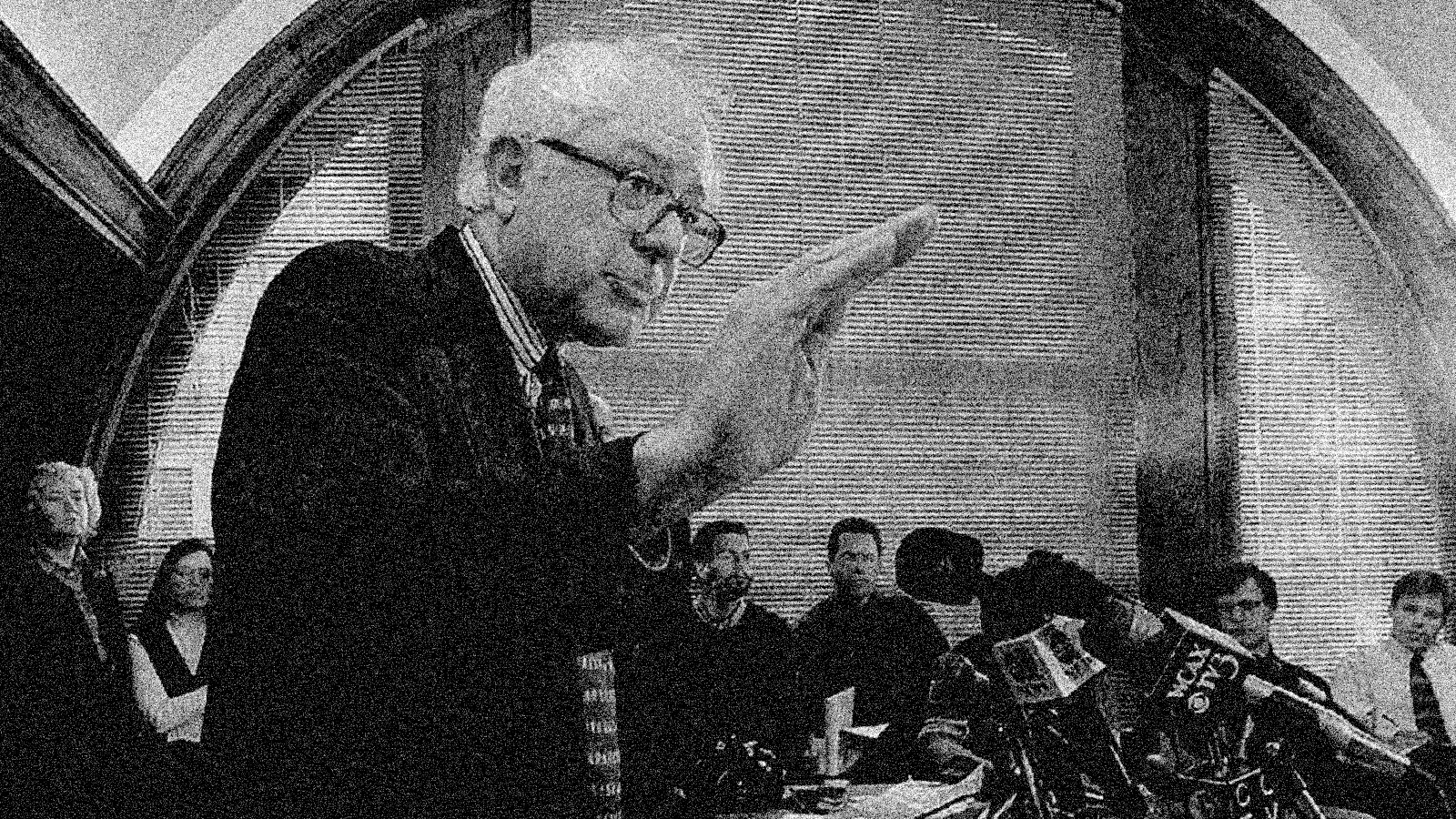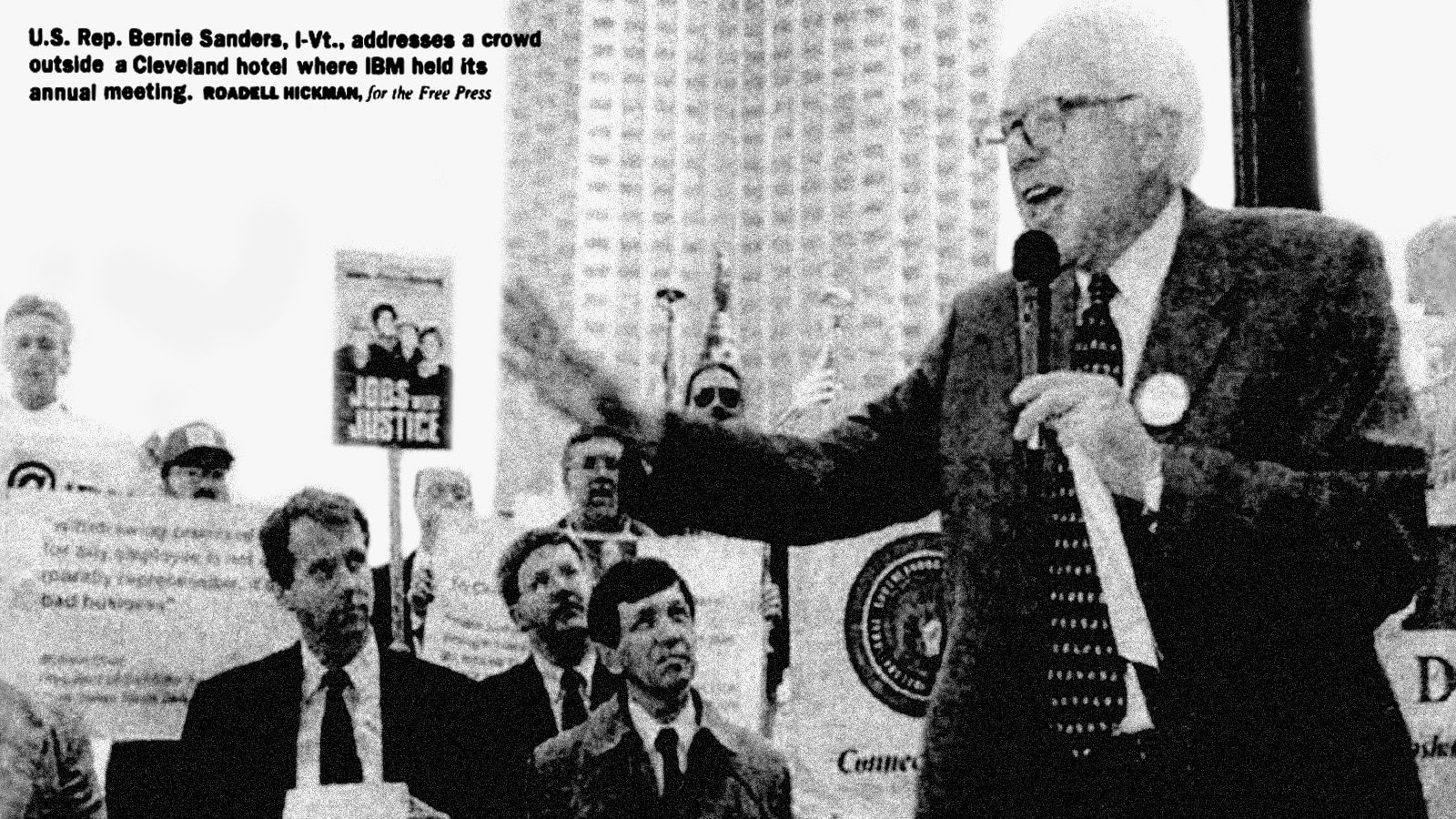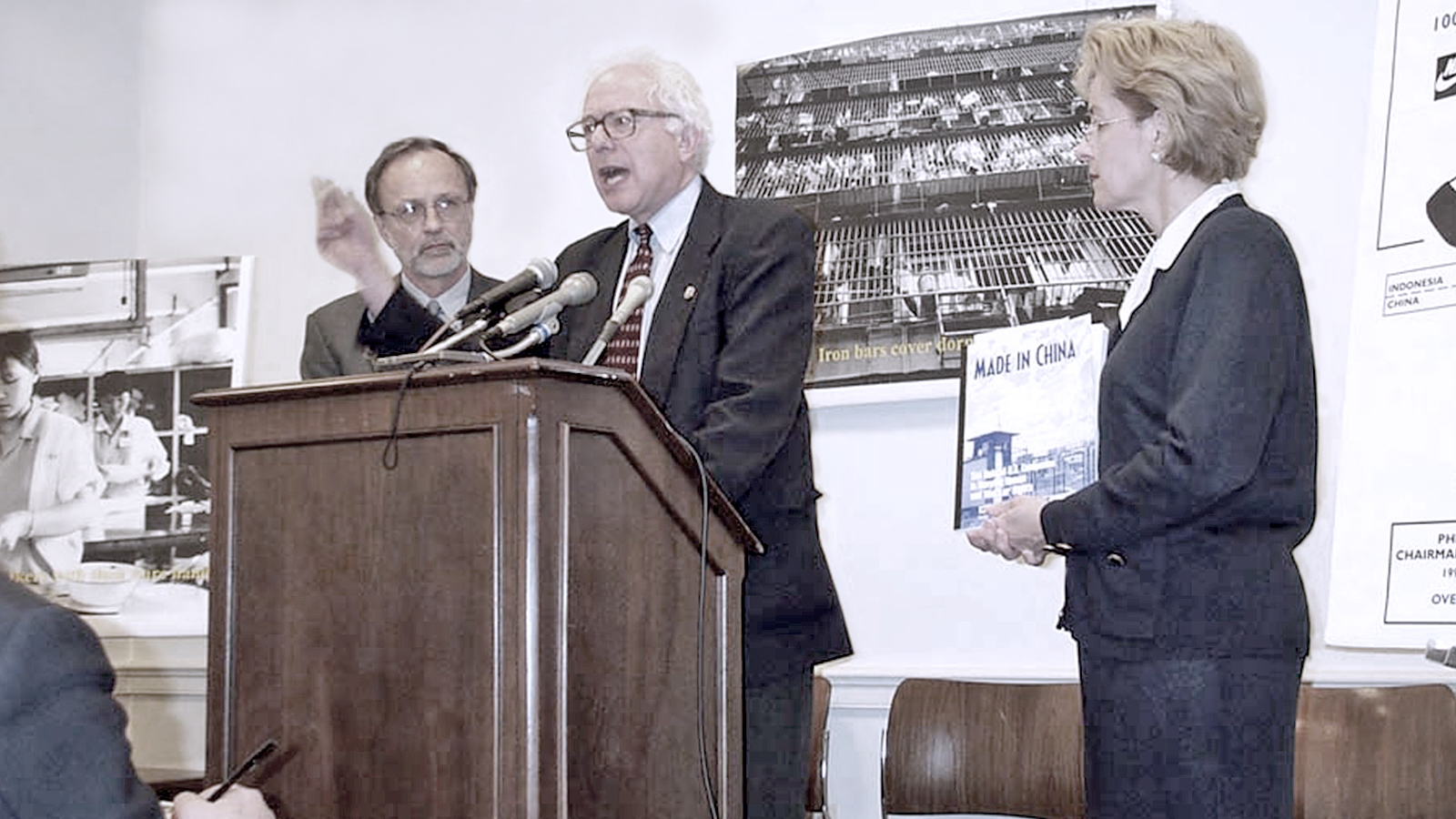Still the only Independent in Congress, Bernie Sanders won re-election with 69 percent of the vote in a campaign that found him pitted against Republican Senator James Jeffords. The race between the two candidates was expected to be a statistical tie, but a landslide victory proved polling and predictions wrong.
Sanders had seriously considered running for the Senate because it offered more power, more influence, and a longer term at six years, compared to the two-year House term. However, his decade of House seniority and influence within left-right coalitions on health care, international trade, and more issues critical to Vermont outweighed the benefits of a Senate seat.
“For many of my strong supporters, there was a feeling that if I lost that voice, part of that movement would not be represented in Washington,” said Sanders.
He decided to seek re-election after a discussion with colleagues, constituents, and a promise from House Minority Leader Richard Gephardt (D-Mo.) of a powerful House Appropriations Committee post if the Democrats were to win the House majority in the 2000 election.[1]
“Many months ago, I was giving very serious thought toward running for the Senate,” Sanders told reporters. “My work in the House is not yet completed. I see many, many challenges ahead.”[1]
“Congressman Sanders has a House seat for life, and that’s a hard thing to give up,” said Jim Jordan, political director for the Dem. Senatorial Campaign Committee. “He was, though, facing a situation where voters seemed content to have him stay put in the House.”[1]
As with all his campaigns, he predicted, “I can expect vigorous opposition from Big Money interests both in Vermont and throughout the country. The insurance companies, the pharmaceutical industry, the military-industrial complex, the banking industry, and those special interests who receive billions in corporate welfare and unfair tax breaks will regard the 2000 election as “payback” time for the legislation that I’ve offered and the fights that I’ve led.”[2]
 Back to Timeline
Back to Timeline


